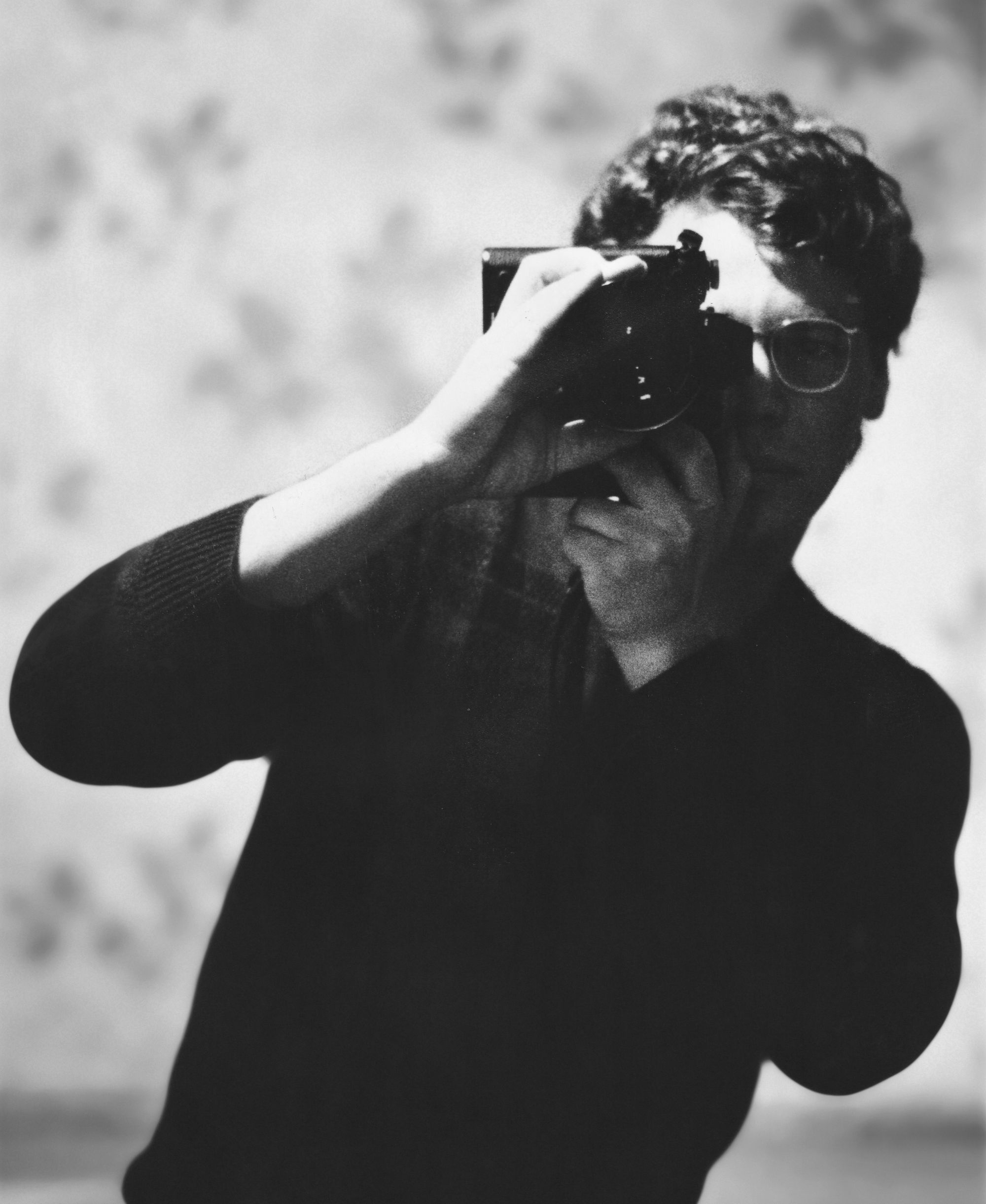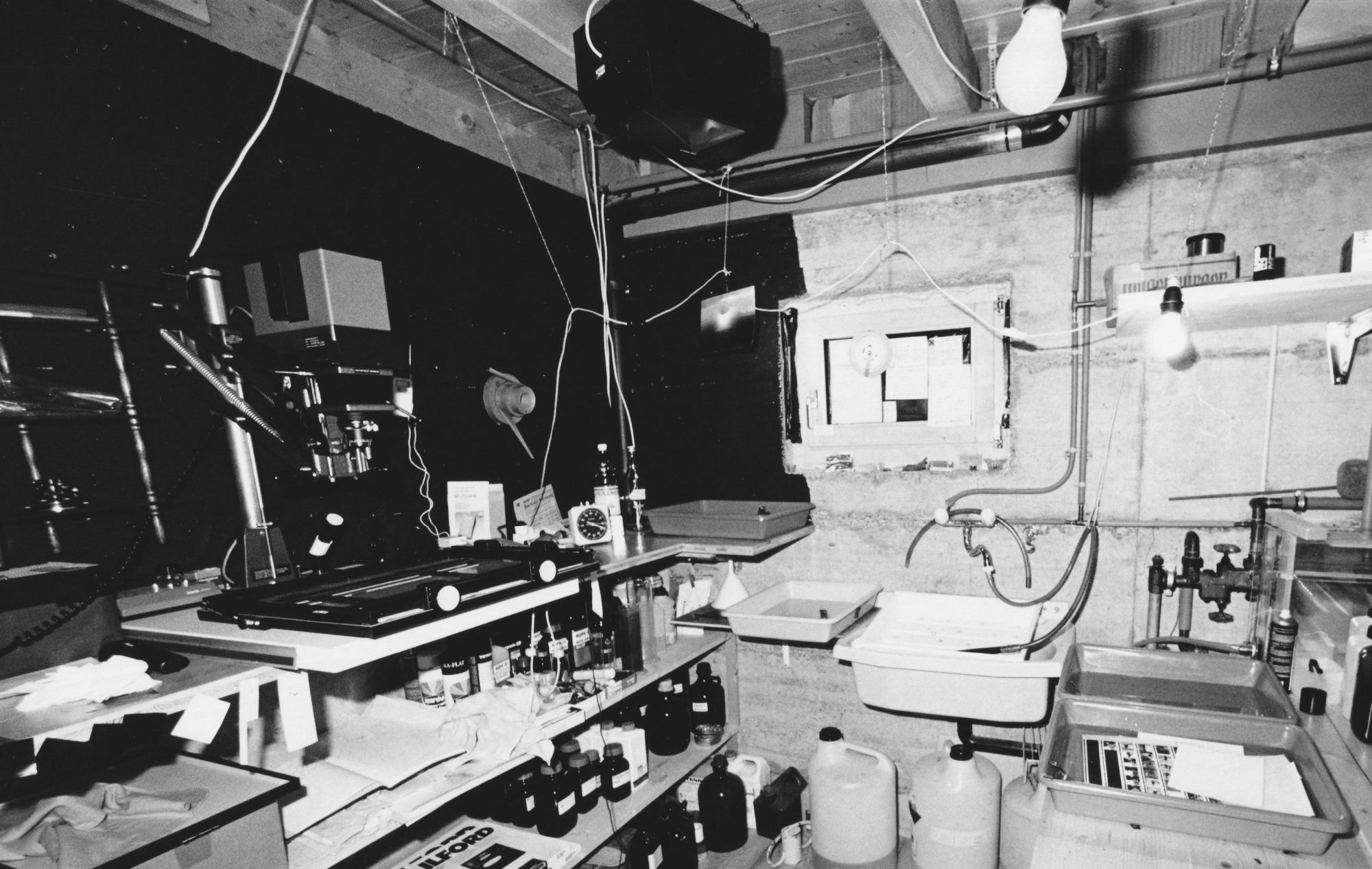Markus Bührer (1959 - 2009)
MB was born and raised in the far north region of the northernmost canton of Switzerland. From an early age on, he was assisting his parents on their farm and became a supportive family member. Growing up on the countryside together with two siblings, cows, pigs, some cats and a watchdog gave him a near-natural foundation on his way. Surrounded by a protective environment and farm labor, he also found time to develop an early interest in photography. After the mandatory school, he finished an apprenticeship as a cook in Schaffhausen and continued working in the profession. By then, another passion of him was to explore the limits of fast vehicles leading to a detrimental car accident followed by a long recovery time.

Later on, photography became more important in his life. He was reaching out to find picturesque motives within his social circle that was expanded through intensive traveling. The fascination about reportage photography in combination with an open mind allowed him to connect to foreign cultures by productively include himself into the day-to-day life of people around the globe. The photographs originating from these relationships are not just ordinary snapshots or tourist souvenirs. The accompanying imaginative information is full of respect and never judgmental. According to his legacy, his favorite subjects were ordinary citizens speaking for themselves. Image composition, defined contrast ratios and a general sense for design complete his creative work.
The interesting side effect of analog photography is the development of the exposed films, a craftsmanship that he performed in his personal laboratory. It was natural for him to include and value this work as a part of the originating process. Countless hours were spent to gain a profound knowledge in manipulating the visual outcome.

Despite having an atelier and a few expositions, MB never really tried to make a living as a photographer, nor did he fully identify himself as such. Admiring the “art of photography” he viewed it as something personal, almost a natural aspect of his life.